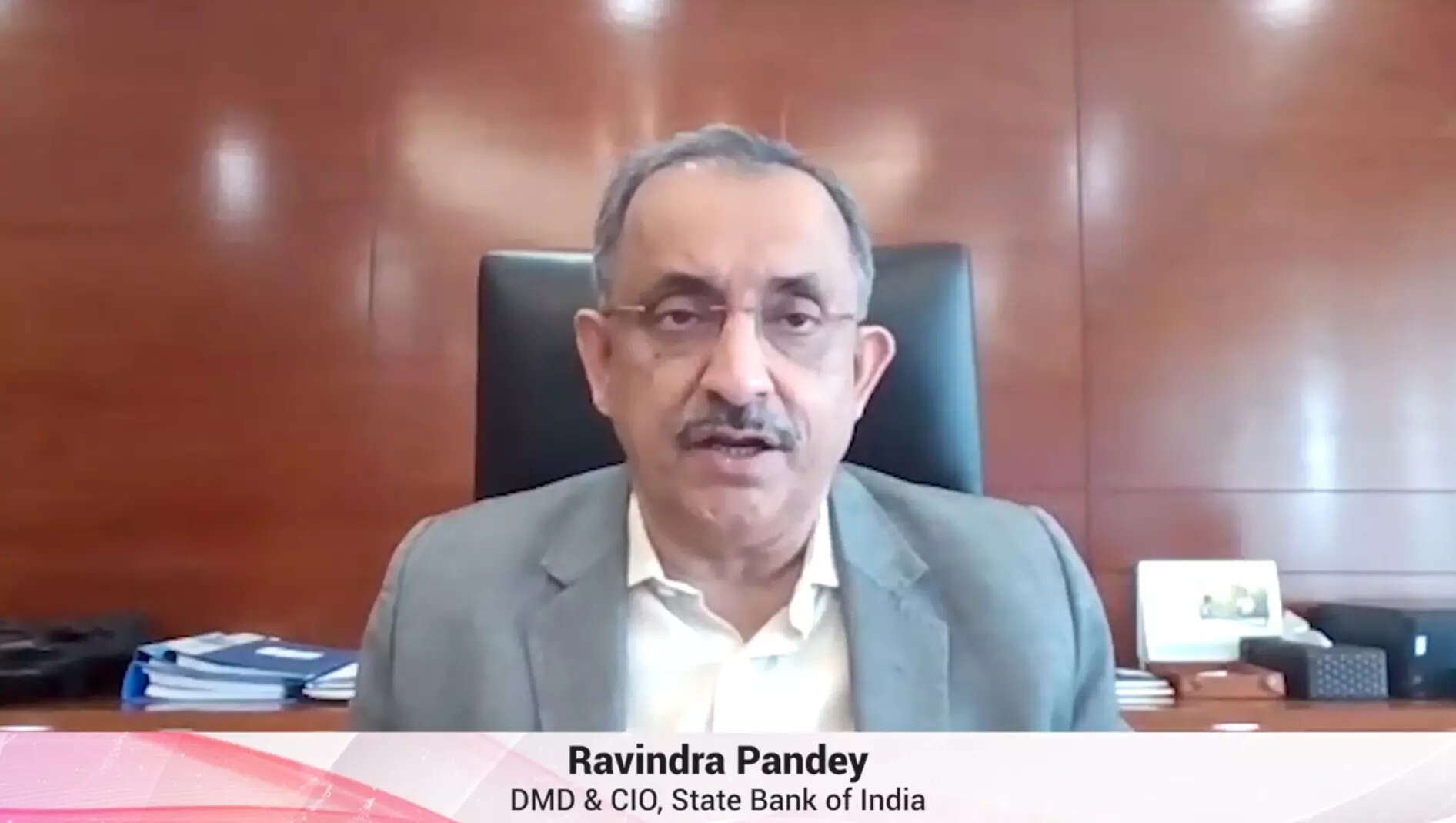Hyperpersonalisation is a journey that all financial instituitions must make because the pandemic-induced digital transformation has led to customers being more inclined towards digital solutions that help customise choices, said
Ashwini Kumar Tiwari, managing director of
State Bank of India.
Banks no longer offer same products and services and have already progressed from mass banking to a segmented approach. The market is moving towards the power of one, which means that each customer has to be treated separately, and the products and services need to be customized based on their preferences, said Tiwari, at the second edition of ET BFSI Converge.
“Nobody today wants to get 100 messages from multiple banks or from even one bank. It has to be a very relevant message and it should be in line with the preferred channel, time, and type of product which could differ for every customer. This is where the conversation is moving and I’m sure within couple of years, most banks will be there because there is no other way. A customer would simply go where they find their own voice being heard and their own preferences being looked at” he said.
Imagination of bankers, the only limiting factor
N Kamakodi, managing director and chief executive officer of City Union Bank, also feels that in term of mass banking, banks have slowly started moving towards some personalisation, but the degree raises the question that at what point it can be called hyperpersonalisation, since the process is open ended and expectations are neverending.
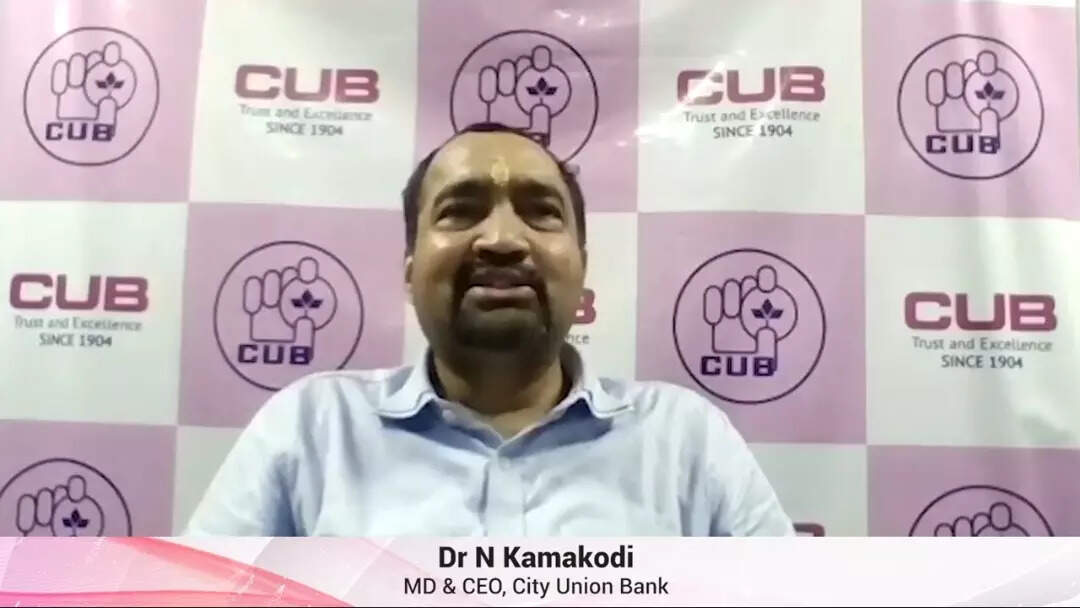
“The transaction part has already come together with CRM solutions for most banks, the banks are able to see what the customers already have availed and what possibilities could be there. We are already at a stage where digital is letting almost everything happen via mobile banking apps, it is only the imagination of us bankers, which is becoming the limiting factor,” he said.
Top most priority – data privacy and security
Highlighting the importance of APIs, Kaushik Shapria, CEO of Deustche Bank India, talks about how banks need to be connected not only to their customers, but also to the value chain of their customers, which will in turn make the switch more seamless besides providing a better experience and fulfilling needs. However, he also addresses his concerns around too much digitalization and talks about data privacy and data security.
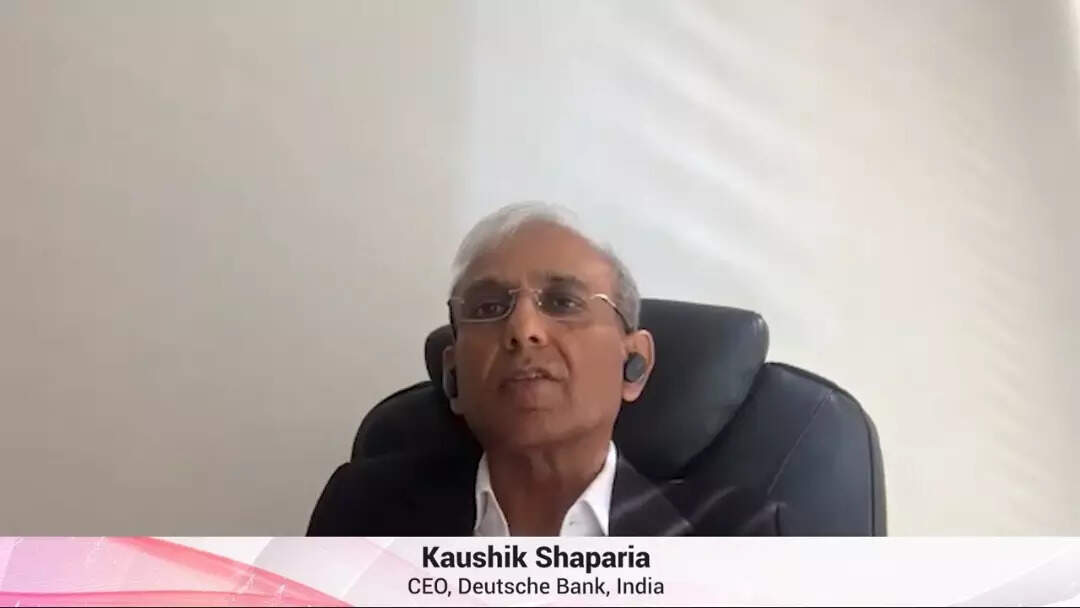
“In a regulatory environment there are security issues, which are important because banks are also offering trust and comfort of security. This is actually a much hidden but very important service we offer to our clients. Bank should not rush into it blindly because we see too often that under the pretext of ease of working, many of our plans get swindled by fraudsters.”
Ajay Kamwal, MD & CEO of Jana Small Finance Bank, is of a strong opinion that hyperpersonalisation by design will force banks to tie up into alliances with other banks, NBFCs, even large e commerce platforms. The journey will then depend on how well these institutions work with each other while maintaining the regulatory disciplines.
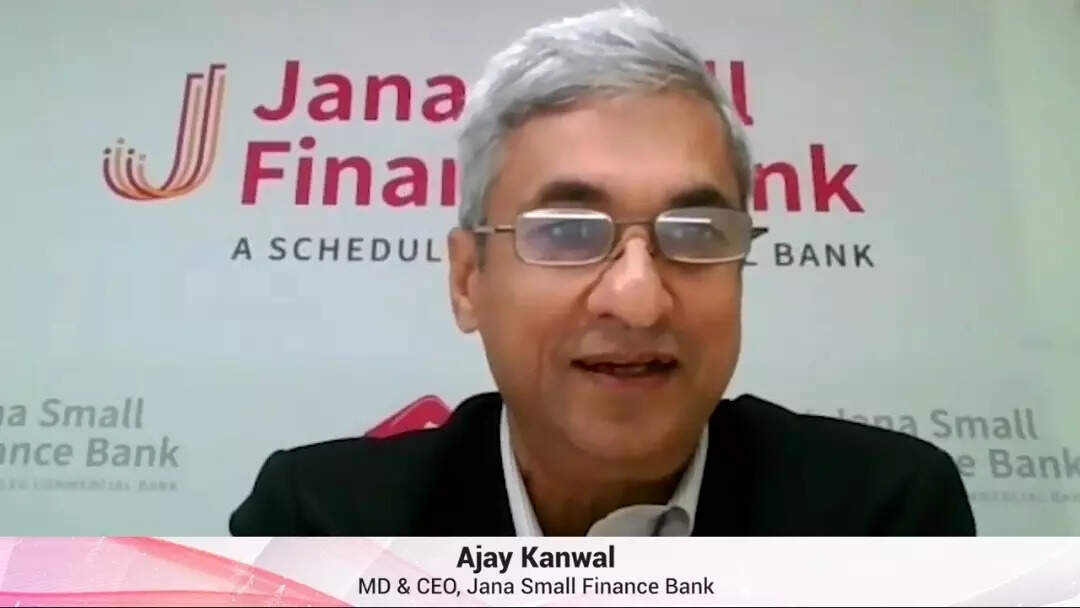
“For instance, customers don’t like logging into three different banks to find out the balances. So we collaborate and say listen, I will allow my customers to show their other banks balances and vice versa. It’s also possible that his home loan is not from a bank and probably from a housing company. So then I should be able to show his housing company on the bank’s mobile banking app.”
Hyperpersonalisation for India
With regard to hyperpersonalisation in India, two things become most important – the technology reach and the demographics. It is safe to say that depending on the demographics or the location of the customer that is being served, the hyperpersonalisation ability, and the need for it also differs, said Shailendra Singh, VP-Financial services of IBM – India and South Asia.
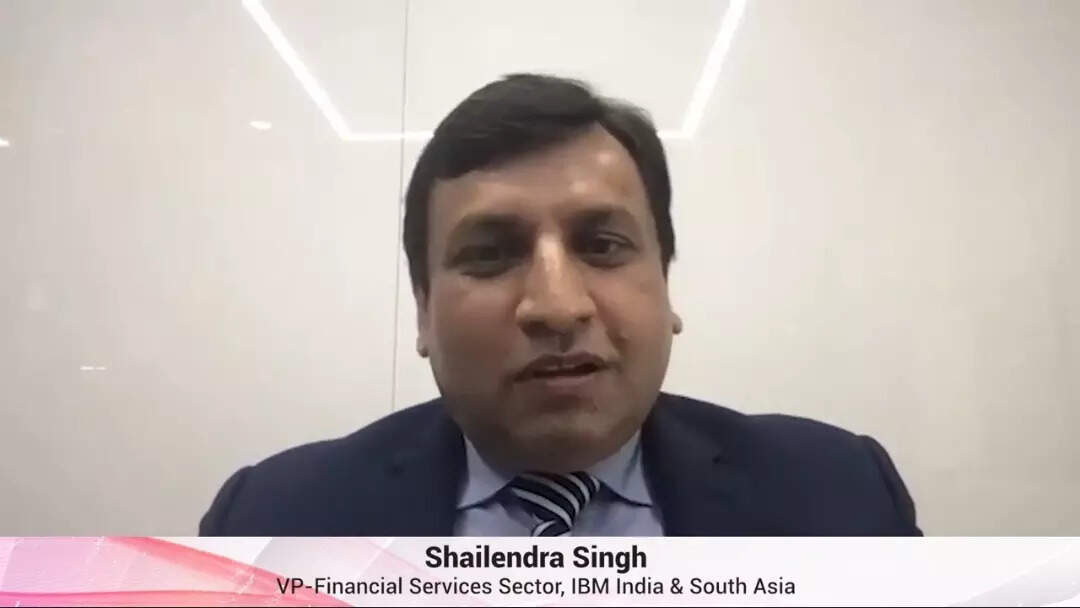
“While talking to our connections in the banking world, we keep discussing that in India you have to create systems which not only caters to India, but it also caters to Bharat which are two different ideas. Going forward, my belief is that from a partnership perspective, it will not be limited to the fintechs which has been happening since a few years, but would extend to partnerships between banks, NBFC’s, retailers including Amazon, Netflix and other platforms,” Singh said.
ET BFSI Converge 2021 is an ongoing event, click here to join.
